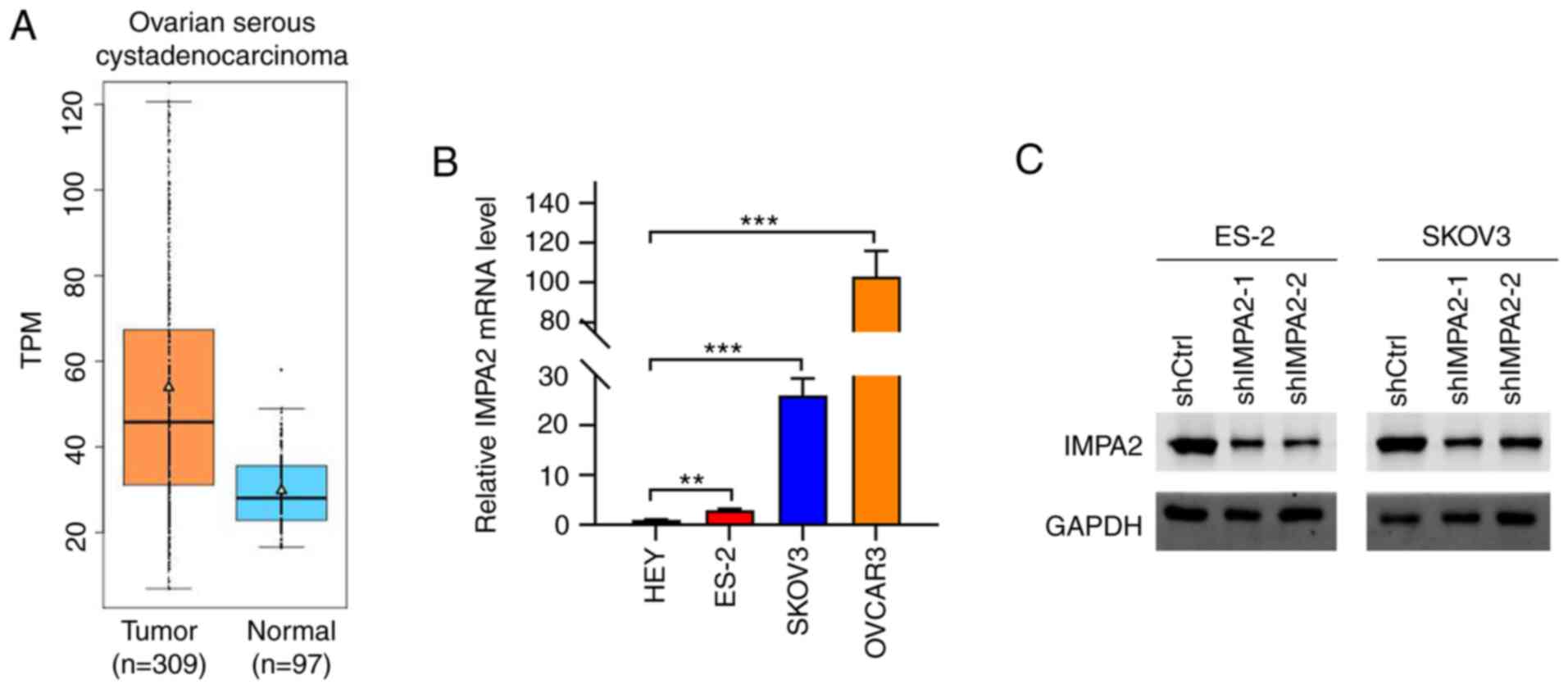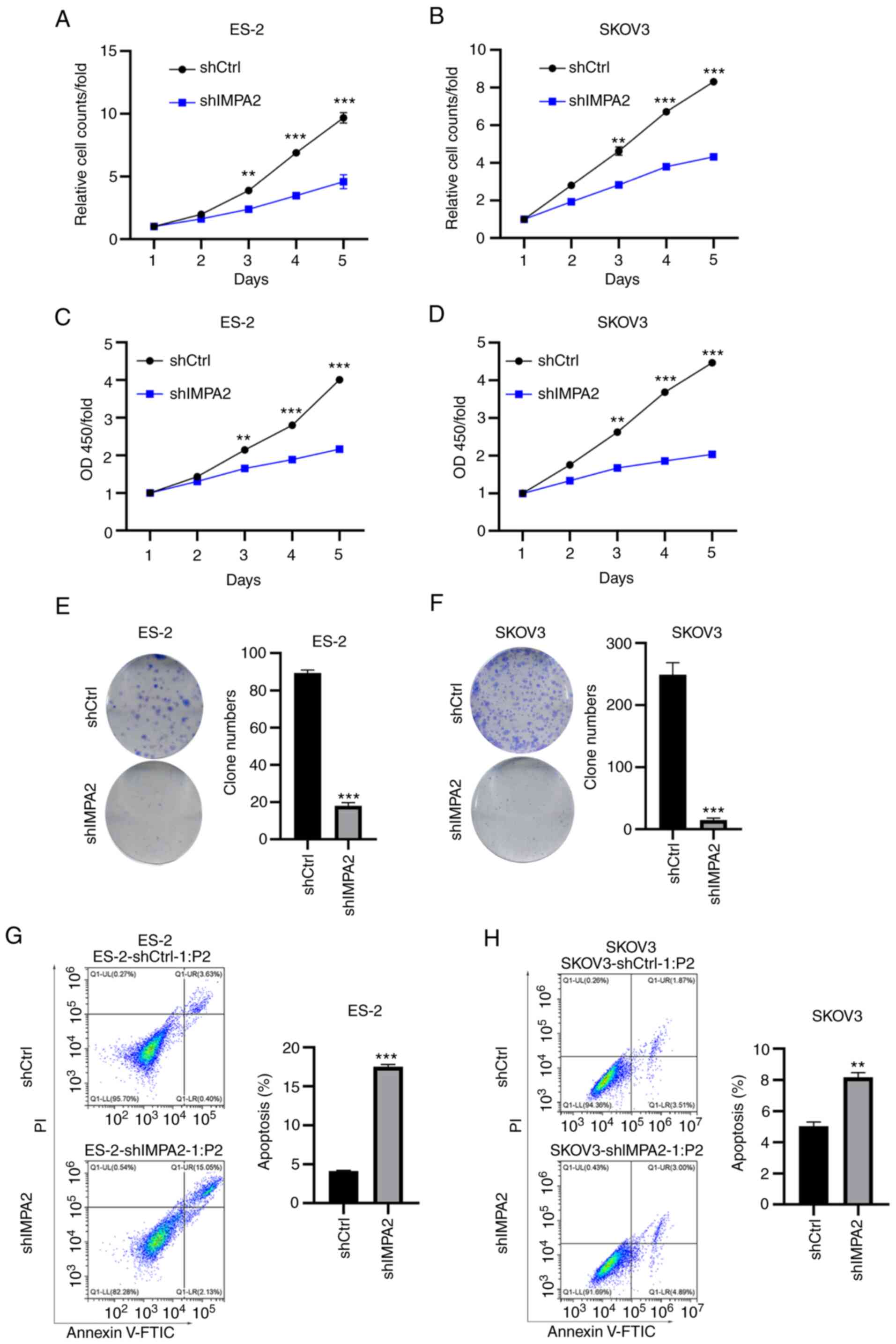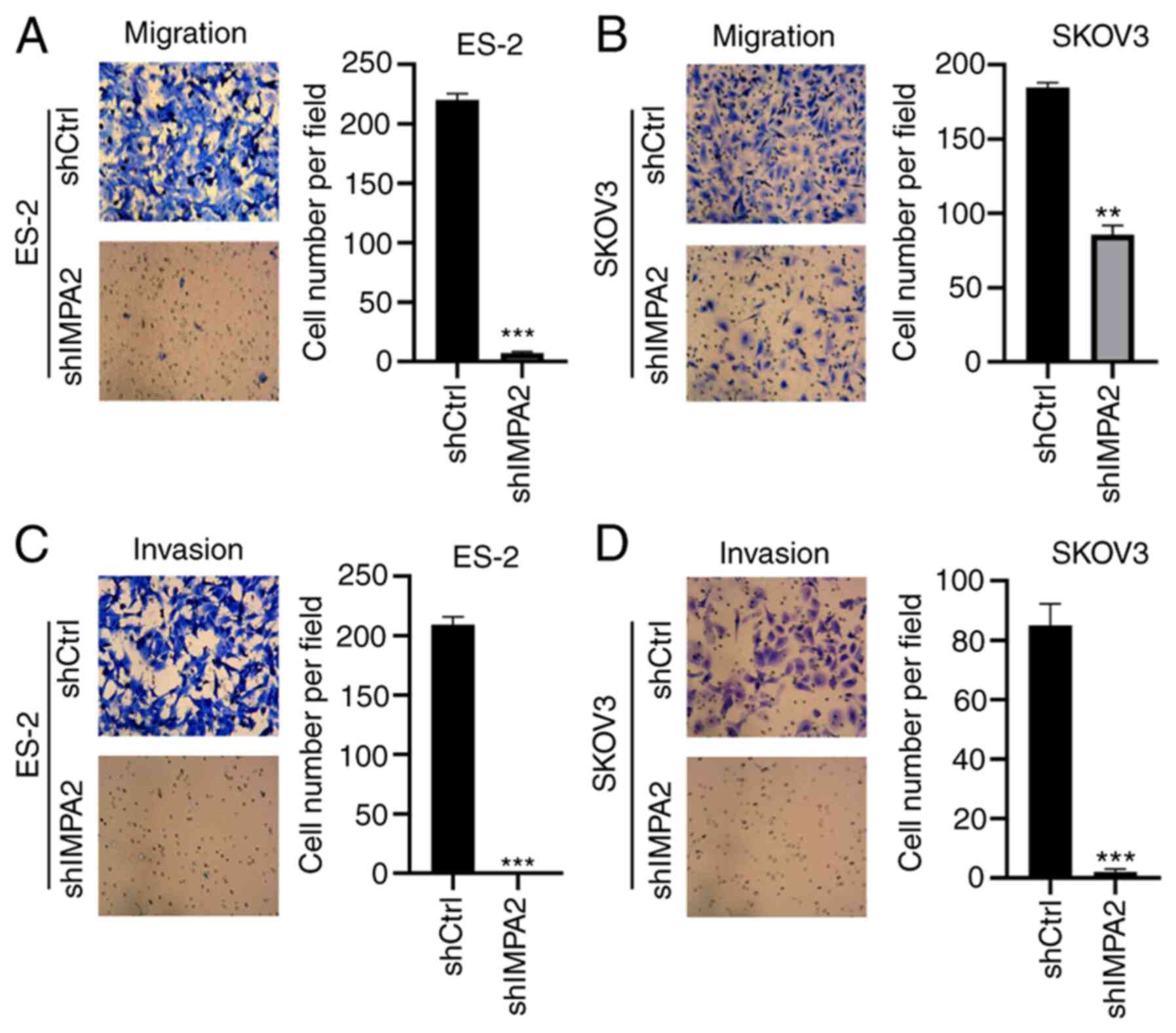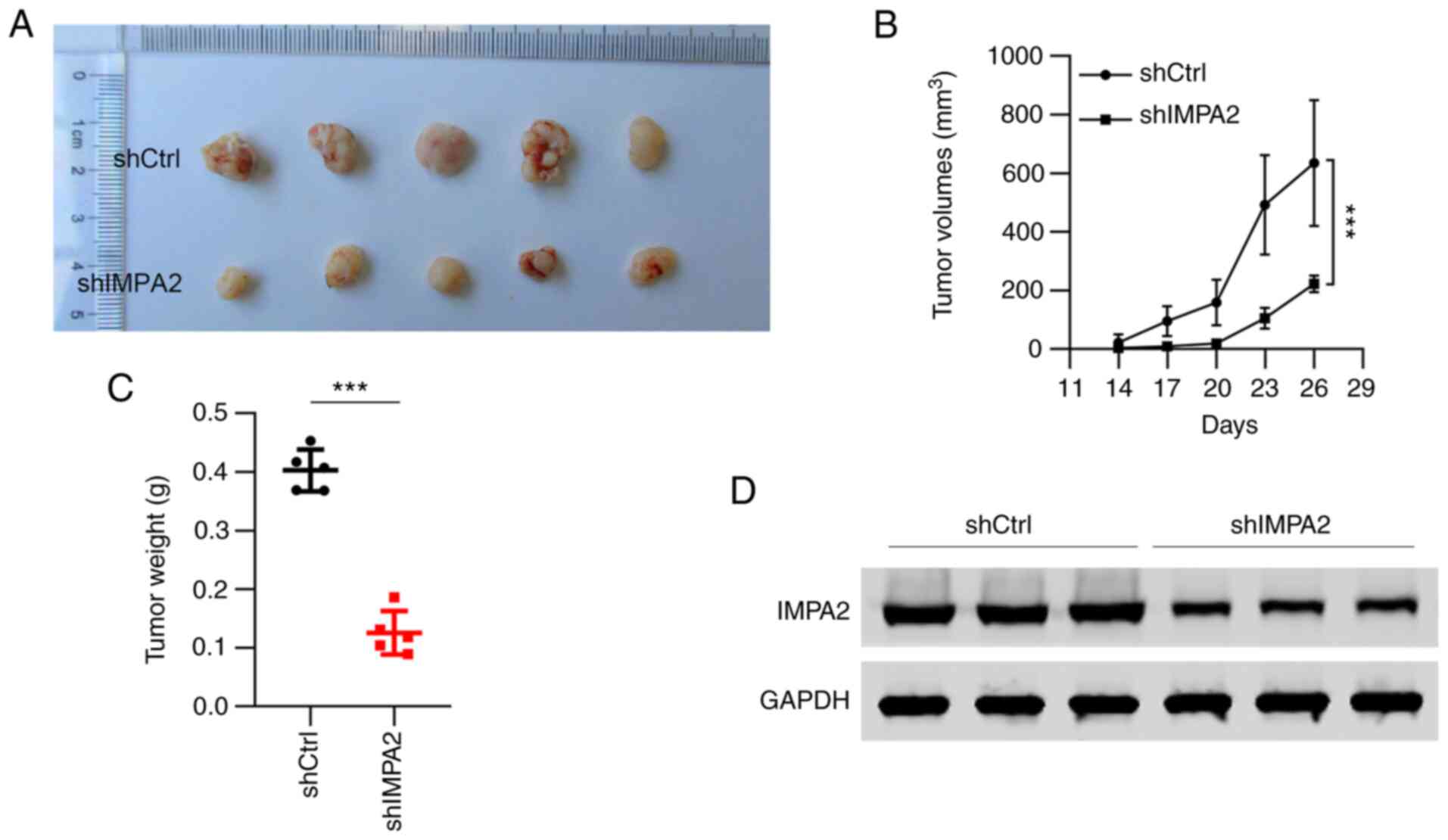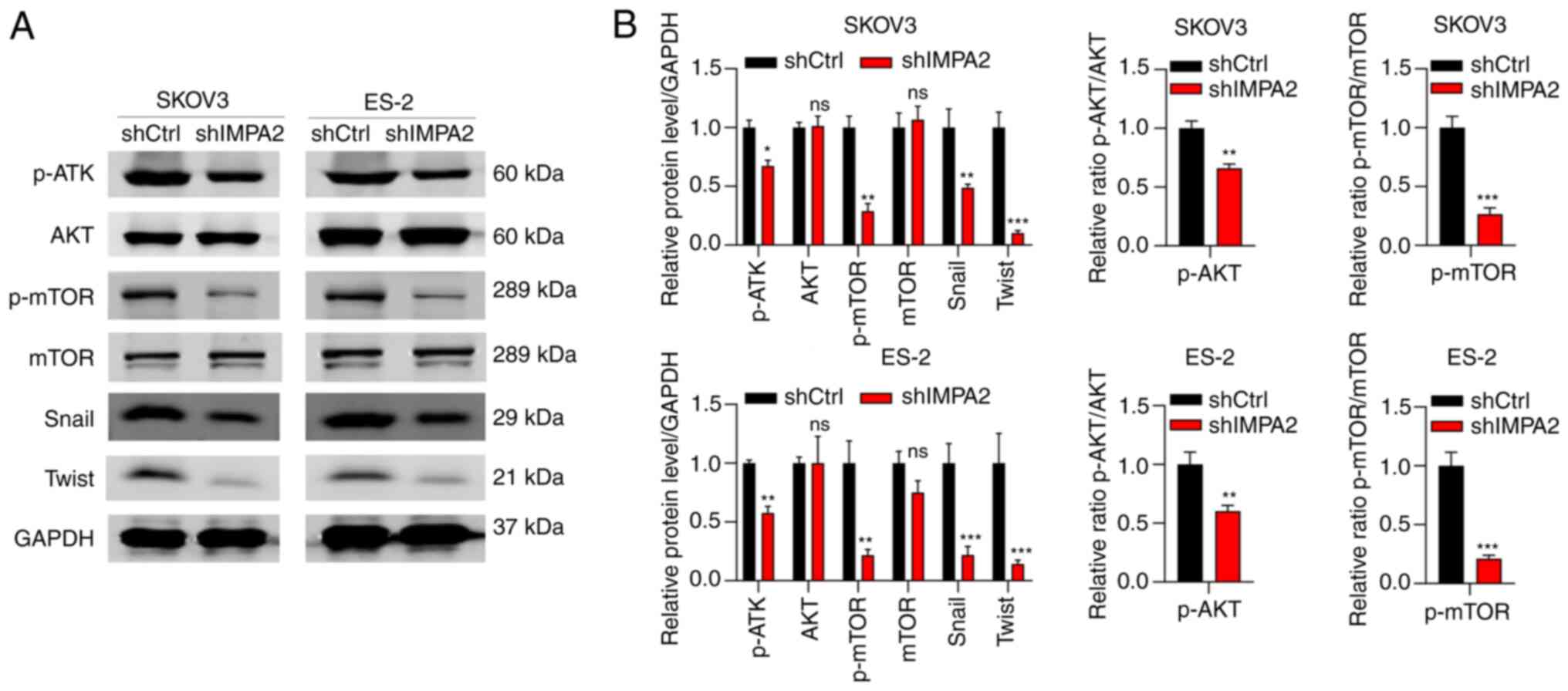|
1
|
Henderson JT, Webber EM and Sawaya GF:
Screening for ovarian cancer: Updated evidence report and
systematic review for the US preventive services task force. JAMA.
319:595–606. 2018.PubMed/NCBI View Article : Google Scholar
|
|
2
|
Lheureux S, Braunstein M and Oza AM:
Epithelial ovarian cancer: Evolution of management in the era of
precision medicine. CA Cancer J Clin. 69:280–304. 2019.PubMed/NCBI View Article : Google Scholar
|
|
3
|
Berney DM, Stoneham S, Arora R, Shamash J
and Lockley M: Ovarian germ cell tumour classification: Views from
the testis. Histopathology. 76:25–36. 2020.PubMed/NCBI View Article : Google Scholar
|
|
4
|
Torre LA, Trabert B, DeSantis CE, Miller
KD, Samimi G, Runowicz CD, Gaudet MM, Jemal A and Siegel RL:
Ovarian cancer statistics, 2018. CA Cancer J Clin. 68:284–296.
2018.PubMed/NCBI View Article : Google Scholar
|
|
5
|
Tomioka Y, Jimenez E, Salagre E, Arias B,
Mitjans M, Ruiz V, Sáiz P, García-Portilla MP, de la Fuente L,
Gomes-da-Costa SP, et al: Association between genetic variation in
the myo-inositol monophosphatase 2 (IMPA2) gene and age at onset of
bipolar disorder. J Affect Disord. 232:229–236. 2018.PubMed/NCBI View Article : Google Scholar
|
|
6
|
Jimenez E, Arias B, Mitjans M, Goikolea
JM, Roda E, Sáiz PA, García-Portilla MP, Burón P, Bobes J, Oquendo
MA, et al: Genetic variability at IMPA2, INPP1 and GSK3beta
increases the risk of suicidal behavior in bipolar patients. Eur
Neuropsychopharmacol. 23:1452–1462. 2013.PubMed/NCBI View Article : Google Scholar
|
|
7
|
Bloch PJ, Weller AE, Doyle GA, Ferraro TN,
Berrettini WH, Hodge R and Lohoff FW: Association analysis between
polymorphisms in the myo-inositol monophosphatase 2 (IMPA2) gene
and bipolar disorder. Prog Neuropsychopharmacol Biol Psychiatry.
34:1515–1519. 2010.PubMed/NCBI View Article : Google Scholar
|
|
8
|
Ulger C, Toruner GA, Alkan M, Mohammed M,
Damani S, Kang J, Galante A, Aviv H, Soteropoulos P, Tolias PP, et
al: Comprehensive genome-wide comparison of DNA and RNA level scan
using microarray technology for identification of candidate
cancer-related genes in the HL-60 cell line. Cancer Genet
Cytogenet. 147:28–35. 2003.PubMed/NCBI View Article : Google Scholar
|
|
9
|
Zhang K, Liu L, Wang M, Yang M, Li X, Xia
X, Tian J, Tan S and Luo L: A novel function of IMPA2, plays a
tumor-promoting role in cervical cancer. Cell Death Dis.
11(371)2020.PubMed/NCBI View Article : Google Scholar
|
|
10
|
Kuei CH, Lin HY, Lee HH, Lin CH, Zheng JQ,
Chen KC and Lin YF: IMPA2 downregulation enhances mTORC1 activity
and restrains autophagy initiation in metastatic clear cell renal
cell carcinoma. J Clin Med. 9(956)2020.PubMed/NCBI View Article : Google Scholar
|
|
11
|
Livak KJ and Schmittgen TD: Analysis of
relative gene expression data using real-time quantitative PCR and
the 2(-Delta Delta C(T)) method. Methods. 25:402–408.
2001.PubMed/NCBI View Article : Google Scholar
|
|
12
|
Underwood W and Anthony R: AVMA guidelines
for the euthanasia of animals: 2020 edition, 2020.
|
|
13
|
Agranoff BW and Fisher SK: Inositol,
lithium, and the brain. Psychopharmacol Bull. 35:5–18.
2001.PubMed/NCBI
|
|
14
|
Ohnishi T, Yamada K, Ohba H, Iwayama Y,
Toyota T, Hattori E, Inada T, Kunugi H, Tatsumi M, Ozaki N, et al:
A promoter haplotype of the inositol monophosphatase 2 gene (IMPA2)
at 18p11.2 confers a possible risk for bipolar disorder by
enhancing transcription. Neuropsychopharmacology. 32:1727–1737.
2007.PubMed/NCBI View Article : Google Scholar
|
|
15
|
Ohnishi T, Watanabe A, Ohba H, Iwayama Y,
Maekawa M and Yoshikawa T: Behavioral analyses of transgenic mice
harboring bipolar disorder candidate genes, IMPA1 and IMPA2.
Neurosci Res. 67:86–94. 2010.PubMed/NCBI View Article : Google Scholar
|
|
16
|
Lin YF, Chou JL, Chang JS, Chiu IJ, Chiu
HW and Lin YF: Dysregulation of the miR-25-IMPA2 axis promotes
metastatic progression in clear cell renal cell carcinoma.
EBioMedicine. 45:220–230. 2019.PubMed/NCBI View Article : Google Scholar
|
|
17
|
Bang S, Li J, Zhang M, Cui R, Wu X, Xin Z,
Ma D, Zhang J and Zhang H: The clinical relevance and function of
krüppel-Like factor 16 in breast cancer. Cancer Manag Res.
12:6373–6383. 2020.PubMed/NCBI View Article : Google Scholar
|
|
18
|
Bast RC Jr and Mills GB: Dissecting
‘PI3Kness’: The complexity of personalized therapy for ovarian
cancer. Cancer Discov. 2:16–18. 2012.PubMed/NCBI View Article : Google Scholar
|
|
19
|
Wu YH, Huang YF, Chen CC, Huang CY and
Chou CY: Comparing PI3K/Akt Inhibitors Used in Ovarian Cancer
Treatment. Front Pharmacol. 11(206)2020.PubMed/NCBI View Article : Google Scholar
|
|
20
|
Xing F, Sun C, Luo N, He Y, Chen M, Ding
S, Liu C, Feng L and Cheng Z: Wogonin increases cisplatin
sensitivity in ovarian cancer cells through inhibition of the
phosphatidylinositol 3-Kinase (PI3K)/Akt Pathway. Med Sci Monit.
25:6007–6014. 2019.PubMed/NCBI View Article : Google Scholar
|
|
21
|
Sjøholt G, Ebstein RP, Lie RT, Berle JØ,
Mallet J, Deleuze JF, Levinson DF, Laurent C, Mujahed M, Bannoura
I, et al: Examination of IMPA1 and IMPA2 genes in manic-depressive
patients: Association between IMPA2 promoter polymorphisms and
bipolar disorder. Mol. Psychiatry. 9:621–629. 2004.PubMed/NCBI View Article : Google Scholar
|
|
22
|
Piera-Velazquez S and Jimenez SA:
Endothelial to mesenchymal transition: Role in physiology and in
the pathogenesis of human diseases. Physiol Rev. 99:1281–1324.
2019.PubMed/NCBI View Article : Google Scholar
|
|
23
|
Dongre A and Weinberg RA: New insights
into the mechanisms of epithelial-mesenchymal transition and
implications for cancer. Nat Rev Mol Cell Biol. 20:69–84.
2019.PubMed/NCBI View Article : Google Scholar
|
|
24
|
Yoshida J, Horiuchi A, Kikuchi N, Hayashi
A, Osada R, Ohira S, Shiozawa T and Konishi I: Changes in the
expression of E-cadherin repressors, Snail, Slug, SIP1, and Twist,
in the development and progression of ovarian carcinoma: The
important role of Snail in ovarian tumorigenesis and progression.
Med Mol Morphol. 42:82–91. 2009.PubMed/NCBI View Article : Google Scholar
|















